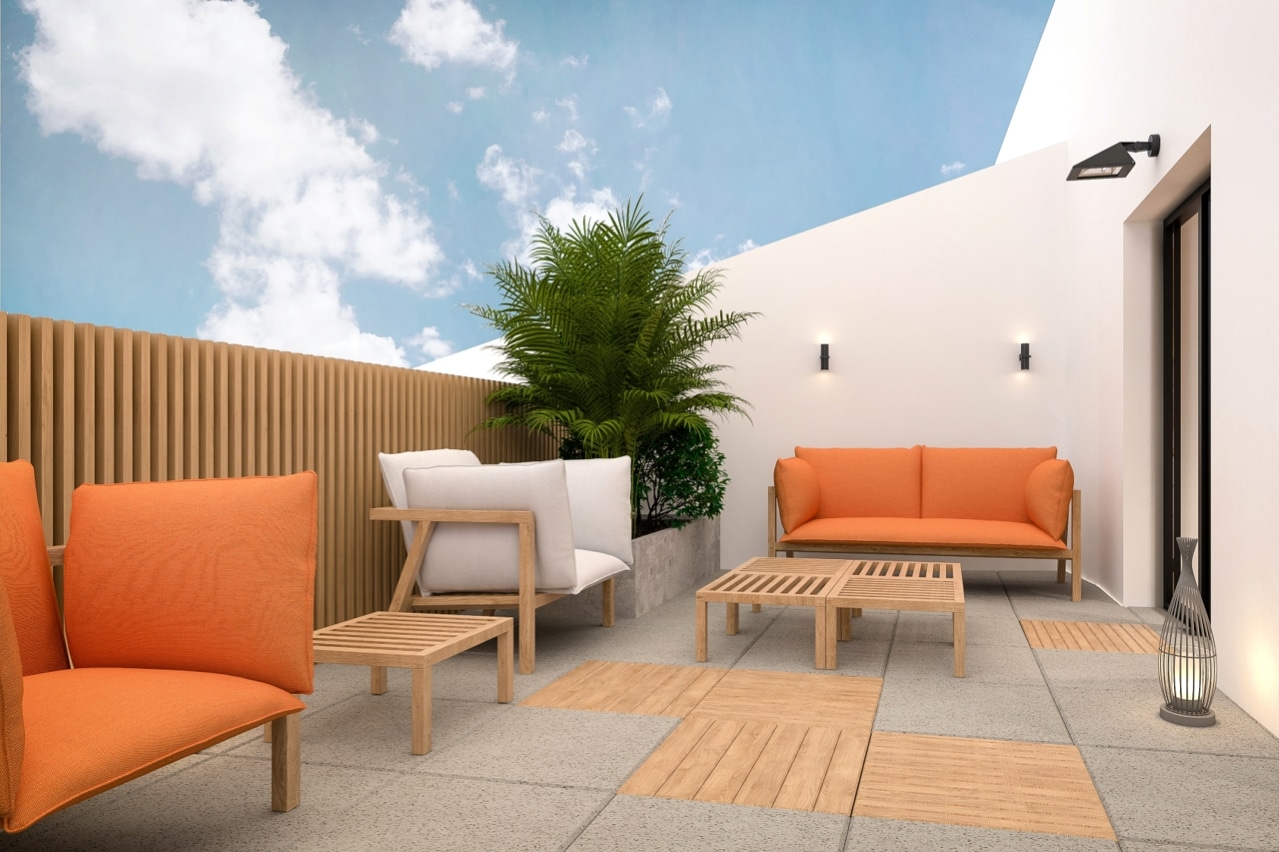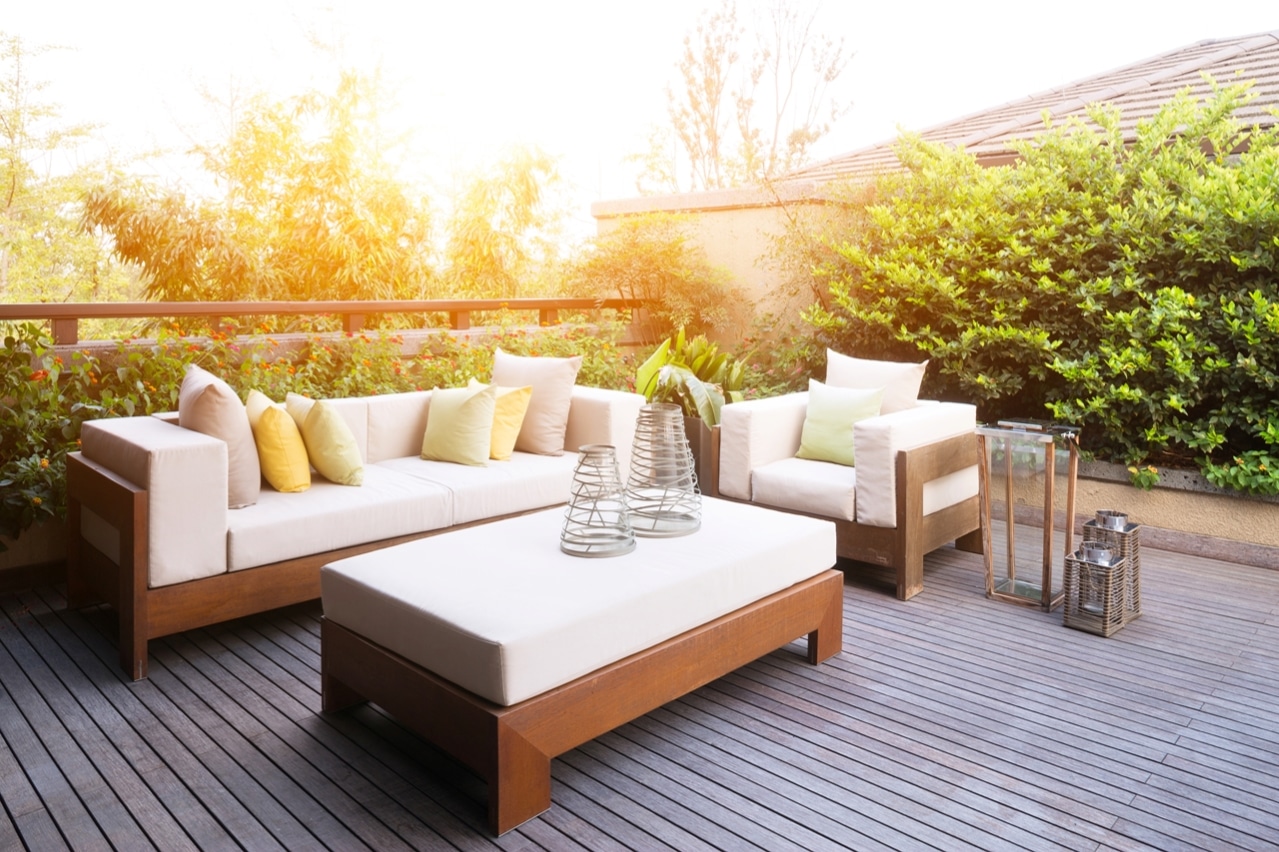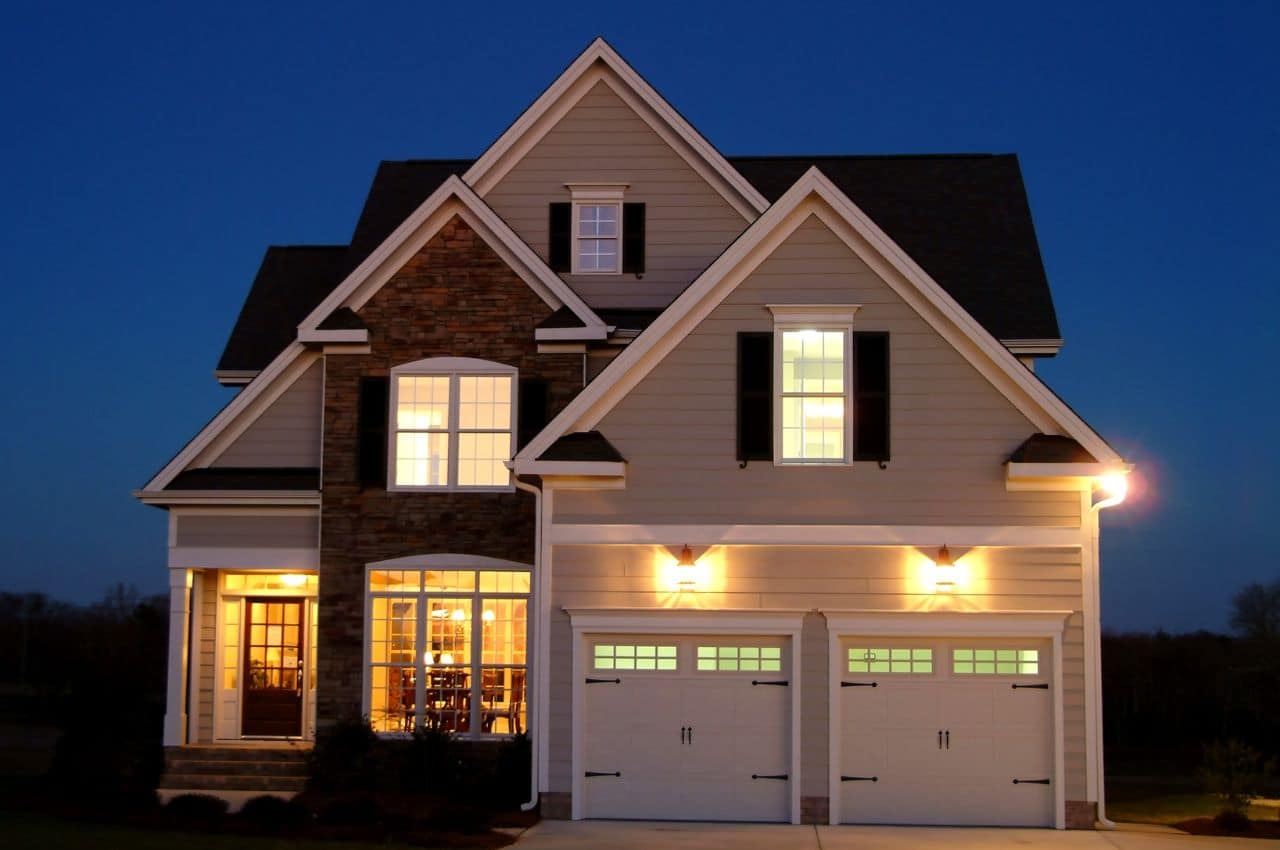You’ve just set up your dream patio, complete with beautiful outdoor furniture, but there’s a problem: birds are turning your relaxing oasis into their playground, leaving droppings and debris. This guide is dedicated to solving this all-too-common issue, offering simple, humane solutions for keeping birds away from your outdoor furniture, ensuring your space remains clean and inviting.
Understanding Bird Behavior
To effectively keep birds off your outdoor furniture, it’s essential to understand why they are attracted to these areas in the first place. Birds typically seek out places that provide them with the necessities for survival: food, water, and shelter. Your outdoor space might inadvertently be offering these. Outdoor furniture can provide sheltered perches for resting or nesting, while food scraps or water sources nearby can draw them in. Additionally, some birds are attracted to reflective surfaces or certain colours, which might explain their fascination with your patio.
Different bird species have varying behaviours and preferences, which can affect the type of deterrent that will work best. For example, smaller birds might be deterred by different means than larger birds like crows or pigeons. Observing the types of birds frequenting your space can help tailor your approach.
How to Keep Birds Off Outdoor Furniture
There are several effective methods to deter birds from your outdoor furniture:
Physical Barriers:
Use nets or bird spikes on furniture where birds commonly perch. Ensure these are installed correctly to prevent harm to the birds.
Visual Deterrents:
Birds are often scared away by unexpected visual cues. Items like reflective tapes, scare-eye balloons, or decoy predators (like plastic owls or snakes) can be effective. However, birds may become accustomed to these over time, so it’s wise to move them around periodically.
Sound Deterrents:
Devices that emit distress signals or predator calls can scare birds away. However, these should be used judiciously to avoid disturbing neighbours and other wildlife.
Repellent Sprays:
There are various bird-repellent sprays available that can be applied to furniture. These usually have a smell or taste that birds find unpleasant. Make sure any product used is non-toxic and safe for outdoor use.
Remove Attractants:
Regularly clean up food scraps and standing water near your outdoor furniture. Bird feeders should be placed well away from the area you wish to keep bird-free.
Modify the Habitat:
Altering your yard to make it less attractive to birds can be a long-term solution. This might include trimming back trees or bushes where birds roost or avoiding plants that produce berries or other bird-attracting fruits.
Furniture Covers:
When the furniture is not in use, covering it can prevent birds from accessing it. This also keeps your furniture clean and ready for use.
Consistency is Key:
Regularly change and rotate deterrents to prevent birds from becoming accustomed to them. Consistency in your efforts will make your outdoor space less appealing to birds over time.
How to Keep Birds from Pooping on Outdoor Furniture

Bird droppings are not just unsightly; they can also damage furniture surfaces. To minimise this:
Strategic Placement:
Position furniture away from areas where birds typically perch, like tree branches or rooflines.
Bird-Proofing Popular Perch Points:
If birds are perching above your furniture, consider bird-proofing these specific areas. This might involve installing bird spikes or nets to prevent them from landing.
Regular Cleaning:
Keep the area around your furniture clean. Regular cleaning can deter birds, as a well-maintained space is less inviting for them to congregate and feed.
Water Scarecrows:
Motion-activated sprinklers can startle birds when they approach, discouraging them from spending time near your furniture.
Reflective Objects:
Hanging reflective items like old CDs or small mirrors can act as a deterrent when they move in the wind and catch the light.
Preventing Birds in Unwanted Areas
Beyond just outdoor furniture, birds can be a nuisance in other parts of your outdoor space as well. Garages, mailboxes, and swing sets can also become unintended havens for these feathered visitors. The key to preventing birds from taking over these areas lies in a combination of deterrence and making the spaces less attractive to them.
How to Keep Birds Out of Your Garage
Garages often provide birds with shelter, nesting spots, and sometimes even food sources. To keep them out:
Seal Entry Points:
Check for and seal any openings where birds might enter, such as vents, eaves, and broken windows.
Remove Nesting Materials:
Regularly clean out your garage, paying particular attention to removing materials that could be used for nests.
Use Bird Deterrents:
Install visual or auditory deterrents inside the garage. Ultrasonic bird repellents can be effective indoors.
Maintain a Clean Garage:
Avoid leaving food or open garbage bins inside the garage, as these can attract birds.
How to Keep Birds Off Mailbox
Mailboxes are often targeted by birds for perching or even nesting. To deter them:
Apply Bird Spikes:
Small bird spikes can be installed on top of the mailbox to prevent birds from landing.
Reflective Tape:
Wrapping parts of the mailbox in reflective tape can scare birds away due to the light reflections and slight noise.
Decoy Predators:
Placing a decoy predator, like a plastic owl, near the mailbox can be a visual deterrent.
Regular Cleaning:
Keeping your mailbox clean and free of nesting materials discourages birds from settling there.
How to Keep Birds Off Swing Set
Children’s play areas, like swing sets, can be particularly challenging. It’s essential to use safe, non-toxic methods in these areas.
Physical Barriers:
Netting can be used to cover the top of the swing set when not in use, preventing birds from accessing it.
Non-toxic Repellents:
Natural, non-toxic repellents can be applied around the swing set. Homemade solutions like a mix of chilli pepper and water can be effective.
Habitat Modification:
Remove any nearby bird attractants, such as bird feeders or baths, to reduce bird activity around the play area.
Motion-Activated Sprinklers:
These can startle birds when they approach the area, keeping them at bay.
Maintenance and Regular Upkeep
Regardless of the methods chosen, regular maintenance is vital for long-term success in keeping birds away from your outdoor spaces. This involves:
Regular Inspection and Replacement:
Over time, deterrents can become less effective or wear out. Regularly inspect and replace or update these as necessary.
Habitat Monitoring:
Keep an eye on your yard and outdoor spaces for changes that might attract birds, like overgrown bushes or new water sources.
Cleaning:
Consistent cleaning helps to eliminate food sources and nesting materials that might attract birds.
Deterrent Rotation:
Switch up your deterrent strategies periodically to prevent birds from getting used to them.
Ethical Considerations and Wildlife Laws
When implementing bird deterrent methods, it’s important to consider the ethical and legal aspects. Humane treatment of birds is not just a moral responsibility; in many areas, it’s also a legal requirement. Many species of birds are protected under wildlife laws, which prohibit harmful actions against them. This includes the Migratory Bird Treaty Act in the United States and similar laws in other countries.
Choose Humane Deterrents:
Always opt for deterrents that do not harm birds. Avoid methods that could injure or kill birds.
Research Local Laws:
Be aware of local wildlife protection laws and regulations. This can inform which deterrent methods are legal and ethical in your area.
Professional Consultation:
If unsure, consult with wildlife experts or local authorities on the best practices for bird control in your area.
Educate Yourself:
Understanding bird behaviour and the reasons they are attracted to certain areas can help in choosing the most effective and humane deterrent methods.
Conclusion
Birds can bring beauty and life to a garden but can be a nuisance when they invade spaces like patios, garages, and play areas. With the right strategies, you can keep your outdoor areas bird-free and enjoyable. Remember to regularly maintain your bird deterrent methods, adapt as needed, and always choose humane solutions. And, if the birds get too bothersome, don’t hesitate to call on professionals like Pest Share for expert advice and solutions. Keep your outdoor spaces for what they were meant for – your peace and relaxation.





